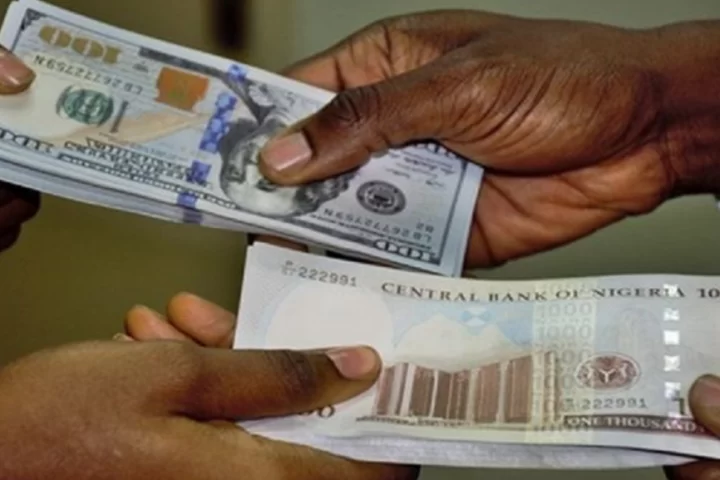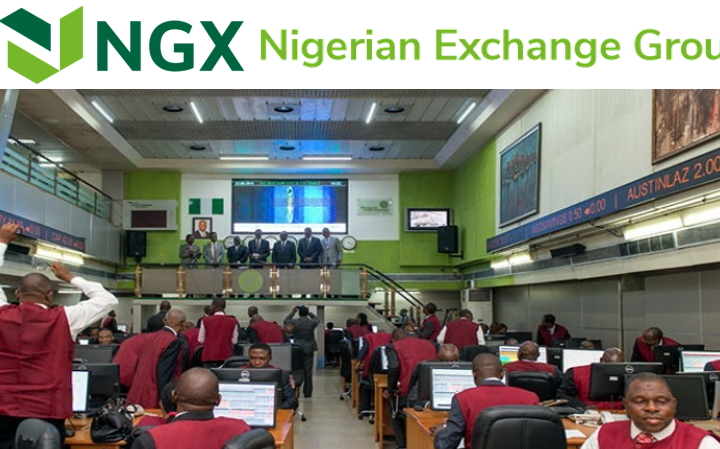Nigeria’s foreign reserves stood at $3.7 billion as of the end of 2022, JP Morgan, a US-based financial firm, has revealed.
In a recently released report by JP Morgan, titled; ‘Nigeria: Reform pause rather than fatigue,’ the firm said Nigeria’s foreign reserves fell from $14 billion recorded at the end of 2021.
Join our WhatsApp ChannelThis indicates a $10.3 billion or 73.5 per cent year-on-year drop, as the country struggles to attract foreign investments and external debt servicing weighs on the reserves.
Also, the $3.7 billion international reserves claimed by JP Morgan is a far cry from the $37.08 billion reported by the Central Bank of Nigeria (CBN) at the end of last year.
While the drop in the foreign reserves makes it difficult for the CBN to defend the naira against pressure fuelling the dollar, JP Morgon said the government is raising funds to boost the country’s capacity to strengthen the Nigerian currency.
However, JP Morgan said the figure it released is guided by assumptions and limited information, “Based on partial information from the audited financial accounts, we estimate that CBN’s net FX reserves were around US$3.7bn at the end of last year, from US$14.0bn at end-2021,” the firm said.
“In arriving at said estimate we make a few assumptions which if incorrect would substantially change the picture.
“They include: (i) an addition of US$5.0bn in IMF Special Drawing Rights (SDR) to external reserves in order to arrive at total gross FX reserves of US$37.8bn, broadly in line with the 30-day moving average of US$37.08bn previously published on the central bank’s website.
“(ii) adjusting the gross external reserves with three key FX liability lines that include FX forwards (US$6.84bn), securities lending (US$5.5bn) and currency swaps (US$21.3bn); and (iii) estimating currency swaps by backing out FX forwards and outstanding OTC Futures balances from an overall aggregate published in the financial accounts,” the firm added.
JP Morgan said the Nigerian government is preparing to sell assets to raise $17 billion based on counsel from the President’s policy advisory council.
Couple with the $3 billion external loan obtained by the Nigerian National Petroleum Company (NNPC) Limited, JP Morgan said Nigeria could improve its foreign exchange supply issue.
In the report, the firm wrote: “Furthermore, authorities are in the initial stages of identifying assets for sale, which may provide some medium-term relief. For example, the President’s policy advisory council has recommended the government sell down its stake in the most joint-venture oil and gas assets, a proposal that is estimated to bring in up to US$17bn.
“In addition, the recently announced US$3bn loan to NNPC could help partly improve FX liquidity conditions in the market. We expect NNPC to sell the dollars to CBN and remit the naira proceeds to the government as upfront payments for oil revenues and taxes. That being said, the large external financing needs of the private sector will sustain FX pressure.”


















Follow Us